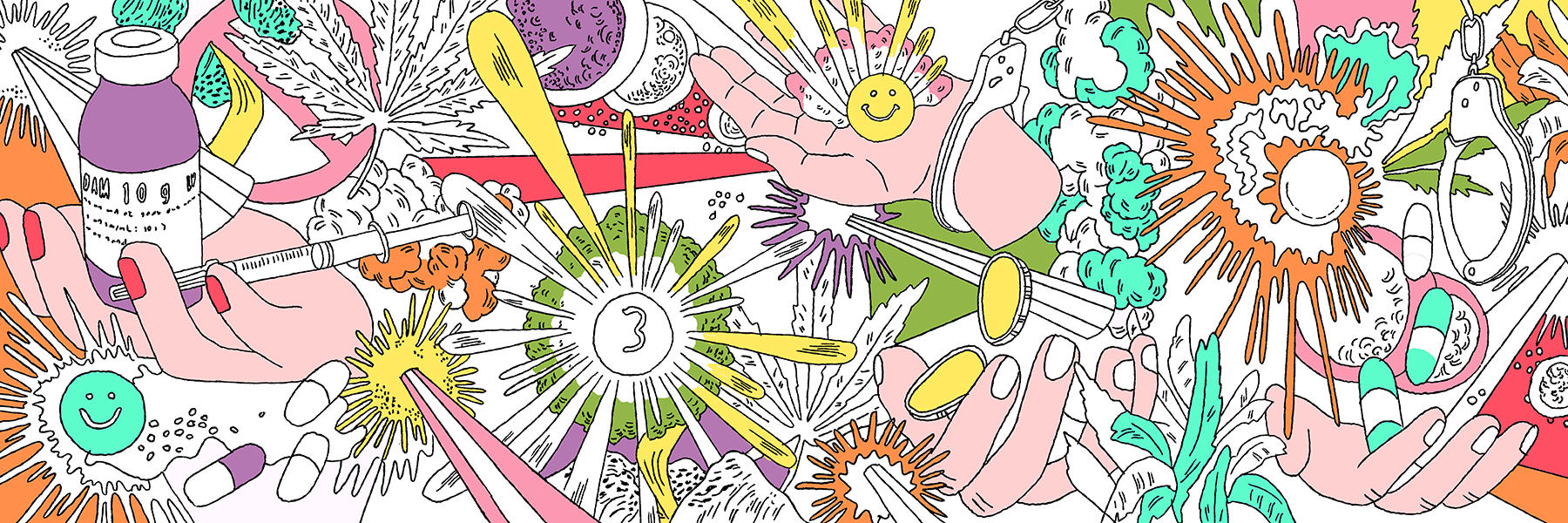
Swiss government wants to ease access to medical marijuana

The Swiss government wants to empower doctors to prescribe cannabis for medical purposes without authorisation. On Wednesday, it submitted a revised version of the narcotics law to parliament for deliberation.
Cannabis, whether for recreational or medical purposes, has been banned in Switzerland since 1951. However, doctors may prescribe a medicine based on this substance if they get an exceptional green light from the Federal Office of Public Health.
But the government believes this process complicates access to treatment, delays the start of therapies and is no longer adequate in view of the growing number of requests.
Multiple treatments
In 2019, around 3,000 authorisations were issued for patients suffering from cancer, neurological diseases or multiple sclerosis. That figure excludes patients who procure cannabis directly on the black market.
The government wants to tweak the narcotics law so that the decision to prescribe cannabis-based drugs would be taken directly by doctor and patient. The ban on recreational cannabis would remain in place, and physicians would be required to share data on the use of cannabis for treatments.
Swissmedic, the national medical oversight body, would be responsible for authorising and supervising the cultivation, manufacture and marketing of cannabis for medical use. The government also wants to allow the commercial export of such medicinal cannabis.
Broad support
The amendment to the law was broadly supported during the consultation process. All political parties gave their approval, except the rightwing Swiss People’s Party.
Several stakeholders are also concerned that the price of cannabis-based medicines could be a barrier to their use and that the black market could continue.
The amendment does not address the reimbursement of cannabis-based treatments by the compulsory health insurance system. This aspect is being evaluated separately, as the government wants to establish the effectiveness and cost-effectiveness of cannabis treatments before paving the way to reimbursement. A report on this issue is expected to be published next year.

More
How far is Switzerland in decriminalising drugs?

In compliance with the JTI standards
More: SWI swissinfo.ch certified by the Journalism Trust Initiative




























You can find an overview of ongoing debates with our journalists here . Please join us!
If you want to start a conversation about a topic raised in this article or want to report factual errors, email us at english@swissinfo.ch.